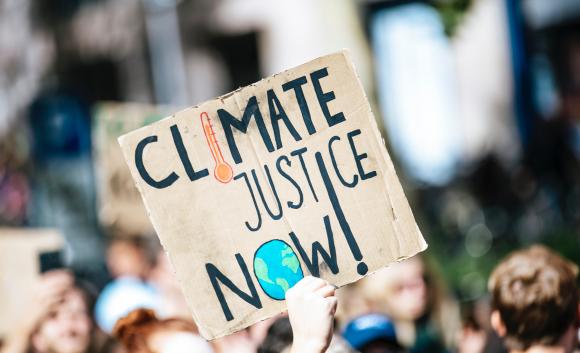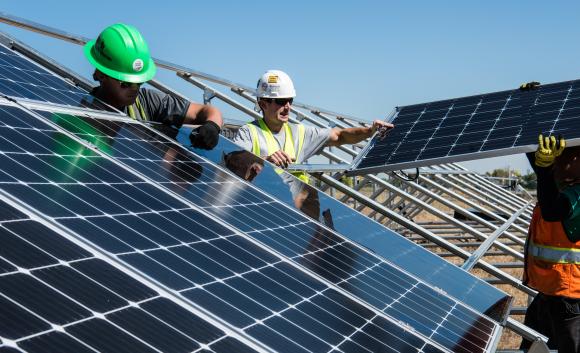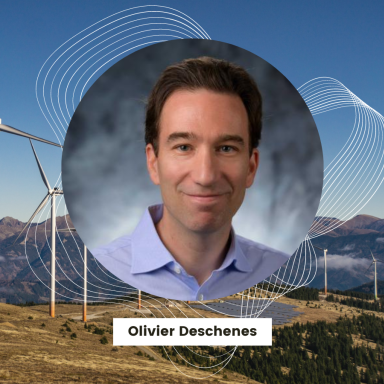Climate change is one of the greatest challenges of our time. It has and will continue to threaten food security, human health, water availability, and economic activity around the world. Such an unprecedented problem requires innovative new solutions, through research and policy engagement. emLab’s Climate & Energy program approaches climate change using economic theory, big data, and cutting-edge empirical techniques to both understand the consequences of climate change and to design smarter and more equitable climate policies.

Climate & Energy
Key Themes

Equity and climate justice
Climate change could exacerbate existing inequities, but the need for urgent climate action provides an opportunity to implement climate policies with built-in equity objectives that reverse existing disparities in pollution exposure, energy costs, and employment opportunities along economic, racial, gender, and other dimensions. Our projects aim to understand the distributional consequences of climate change impacts and policies, with the ultimate objective of designing equity-enhancing climate policies.
Related Projects

Clean energy transitions
Inducing a major transition to clean energy is a prerequisite for any effective climate policy. But such transitions require large-scale shifts in innovation, how and where energy is produced, and where labor market opportunities reside. Effective climate policies must not only reduce carbon emissions, but must also minimize accompanying economic and social disruptions. Our work in this area focuses on the equity and labor market consequences of clean energy transitions.
Related Projects

Assessing climate risk
Climate change disrupts the natural, economic, and social systems we depend on. From food security to job stability and public health, the effects of climate change are far-reaching and often unequal, hitting some countries harder than others. Our research delves into this inequality, aiming to accurately measure environmental damages crucial for shaping effective climate mitigation and adaptation policies. We combine economics, remote sensing, data science, and climate science to quantify climate change impacts across the globe, with particular focus on identifying the populations that are most at risk.
Related Projects

California's cap-and-trade reauthorization
California’s carbon cap-and-trade program is one of the largest multi-sectoral emissions trading systems in the world, providing a cost-effective way for the State to reduce emissions. With the program's reauthorization on the horizon in 2025, our research focuses on market design and how revenue from the program can be used to benefit Californians.
Related Projects
The social cost of carbon
How are the benefits of new climate policies weighed against the costs of their implementation? Climate economists and scientists have created a value called the social cost of carbon in order to better understand the cost/benefit relationship of climate policies and regulations.
Find out how the social cost of carbon is calculated, how it should, perhaps, be calculated, and why the effort to quantify this value is necessary despite its imperfections with the help of two climate experts, Dr. Tamma Carleton of UC Santa Barbara and Dr. Bob Kopp of Rutgers University.
Publications
Related to
Empirical estimates of installed capacity density for solar photovoltaic and onshore and offshore wind power plants
Covey et al. 2026, Environmental Research: Infrastructure and Sustainability
Economic benefits and cost competitiveness of green hydrogen in decarbonizing China's electricity and hard-to-electrify sectors
Yang et al. 2025, Environmental Research Letters
Strategies to accelerate US coal power phase-out using contextual retirement vulnerabilities
Gathrid et al. 2025, Nature Energy
Health losses attributed to anthropogenic climate change
Carlson et al. 2025, Nature Climate Change
emLab Blog: Our 2 Cents
Related to
In the News
Related to
Air pollution and pet health
PNAS Science Sessions Podcast





